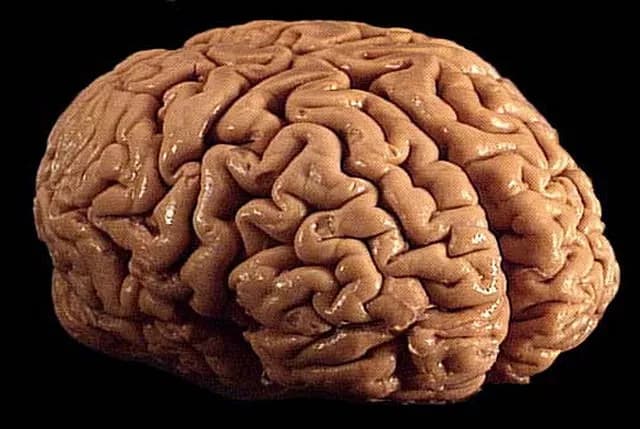
Hormones That Are Released During Hunger Affect Decision Making
Never make a decision when you are hungry. The hormone ghrelin -- that is released before meals and known to increase appetite -- has a negative effect on both decision making and impulse control. Such were the results of a recently conducted study at Sahlgrenska University.
When hungry, the hormone ghrelin is produced in the stomach. In a new study conducted on rats at Sahlgrenska Academy, University of Gothenburg, the hormone has been shown to have a negative effect on decision making capabilities and impulse control.
"For the first time, we have been able to show that increasing ghrelin to levels that are seen prior to meals or during fasting, causes the brain to act impulsively and also affects the ability to make rational decisions," says Karolina Skibicka, docent at Sahlgrenska Academy, University of Gothenburg.
Impulsivity
Impulsivity is complex, but can be broken down into impulsive action (inability to resist a motoric response) and impulsive choice (inability to delay gratification).
Many have experienced the difficulty of resisting getting a sandwich or something else, even if we know that dinner will be served soon, and the same is true for the rats used in the study.
The rats can be trained to be rewarded (with sugar) when they execute an action such as pressing a lever ("go") -- or instead they can be rewarded only when they resist pressing the lever ("no-go") when an appropriate learned signal is given. They learn this by repeatedly being given a signal, for example, a flash of light or a buzzing sound that tells them which action should be executed for them to receive their reward.
Were given ghrelin
An inability to resist pressing the lever, when the "no-go" signal is given, is a sign of impulsivity. Researchers found that rats given ghrelin directly into the brain, which mimics how the stomach would notify us of a need to eat, were more likely to press the lever instead of waiting, despite it causing them loose their reward.
The ability to delay gratification in order to get a greater reward later is a comparable measure of impulsive choice (decision). It can be illustrated by options such as those between getting a single cookie now or several cookies if you wait a few minutes, or overeating high-calorie foods for immediate feeling of pleasure while disregarding the long term benefits of eating less or eating healthy.
The person who chooses immediate gratification even though waiting provides a greater reward, is characterized as being more impulsive and that implies a poorer ability to make rational decisions.
Reduced the impulsive behavior
Researchers at Sahlgrenska Academy found that higher levels of ghrelin prevented the rats from being able to wait for the greater reward. They further evaluated where in the brain ghrelin acts to affect impulsivity.
"Our results showed that restricting ghrelin effects to the ventral tegmental area, the part of the brain that is a crucial component of the reward system, was sufficient to make the rats more impulsive. Importantly, when we blocked ghrelin, the impulsive behavior was greatly reduced," says Karolina Skibicka. Even a short period of fasting, a more natural way of increasing the release of ghrelin, increased impulsive behavior.
Long-term changes
Impulsivity is a distinctive feature of many neuropsychiatric disorders and behavior disorders such as ADHD, obsessive compulsive disorder (OCD), autism spectrum disorder (ASD), drug abuse and eating disorders.
The study also showed that increased levels of ghrelin even caused long-term genetic changes in the brain circuits that are linked to impulsivity and decision making. A ghrelin injection into the brain that resulted in impulsive behavior in rats, caused the same type of changes in dopamine related genes and enzymes as can be seen in ADHD and OCD.
"Our results indicate that the ghrelin receptors in the brain can be a possible target for future treatment of psychiatric disorders that are characterized by problems with impulsivity and even eating disorders," says Karolina Skibicka.
The above post is reprinted from materials provided by University of Gothenburg. Note: Materials may be edited for content and length.
Disclaimer: DoveMed is not responsible for the adapted accuracy of news releases posted to DoveMed by contributing universities and institutions.
Primary Resource:
Anderberg, R. H., Hansson, C., Fenander, M., Richard, J. E., Dickson, S. L., Nissbrandt, H., ... & Skibicka, K. P. (2015). The Stomach-Derived Hormone Ghrelin Increases Impulsive Behavior. Neuropsychopharmacology.
Related Articles
Test Your Knowledge
Asked by users
Related Centers
Related Specialties
Related Physicians
Related Procedures
Related Resources
Join DoveHubs
and connect with fellow professionals

0 Comments
Please log in to post a comment.